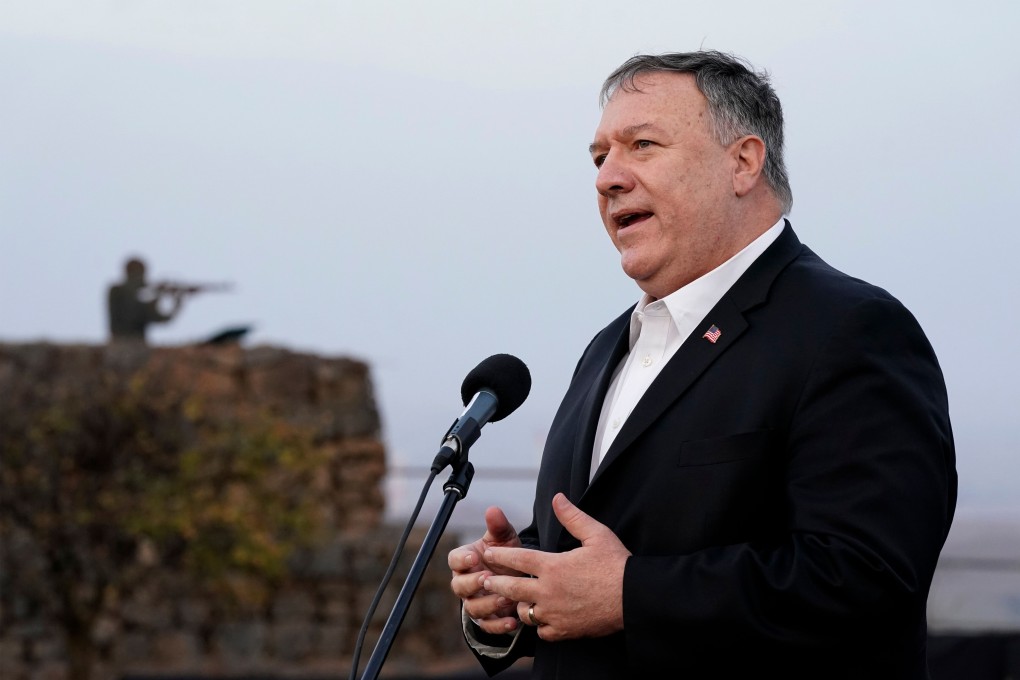My Take | The sources of Chinese misconduct?
- How the wisest of the wise men of US foreign policy might counter and contain a rising China; or not

According to reporter Bethany Allen-Ebrahimian, the 70-plus pages document draws inspiration from George Kennan’s famous 1947 “Long Telegram”, which laid out the strategy of containment against the Soviet Union and subsequently guided US policy until the end of the Cold War and the collapse of the Soviet empire.
The exclusive gives me an excuse to revisit Kennan’s writings. I have been a fan since first reading his classic, The Decline of Bismarck’s European Order, in college.
It has shaped my political outlook ever since and guides me in thinking about a resurgent China, its place in the world, and how it might achieve prosperity for its people and peace for the world. Become frightfully powerful yet exercise self-restraint and complete self-awareness, that’s what I got from Kennan’s portrait of Bismarck.

06:24
Explained: the history of China’s territorial disputes
The book accounts for the diplomatic system of Europe in the second half of the 19th century according to an American foreign policy realist.
As a companion piece, you might want to read anther American foreign policy realist, Henry Kissinger’s doctoral thesis at Harvard, published as A World Restored: Metternich, Castlereagh and the Problems of Peace 1812-1822, which explains the post-Napoleonic diplomatic system of Europe in the first half of the 19th century.
